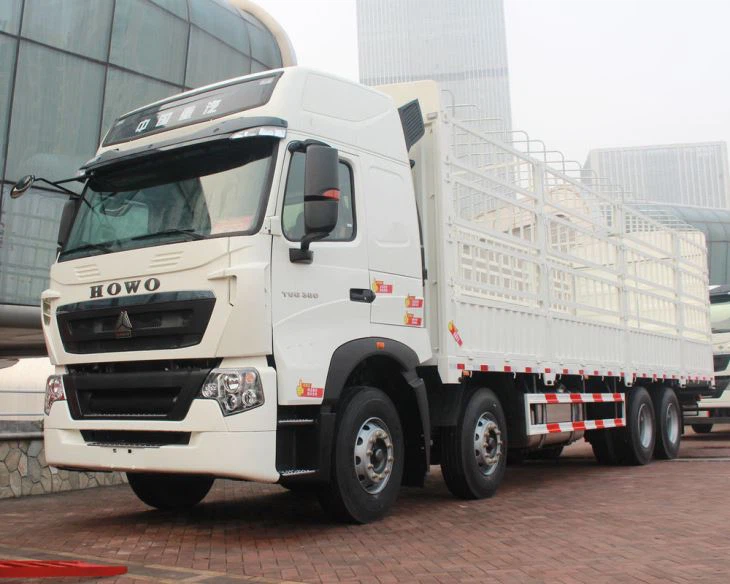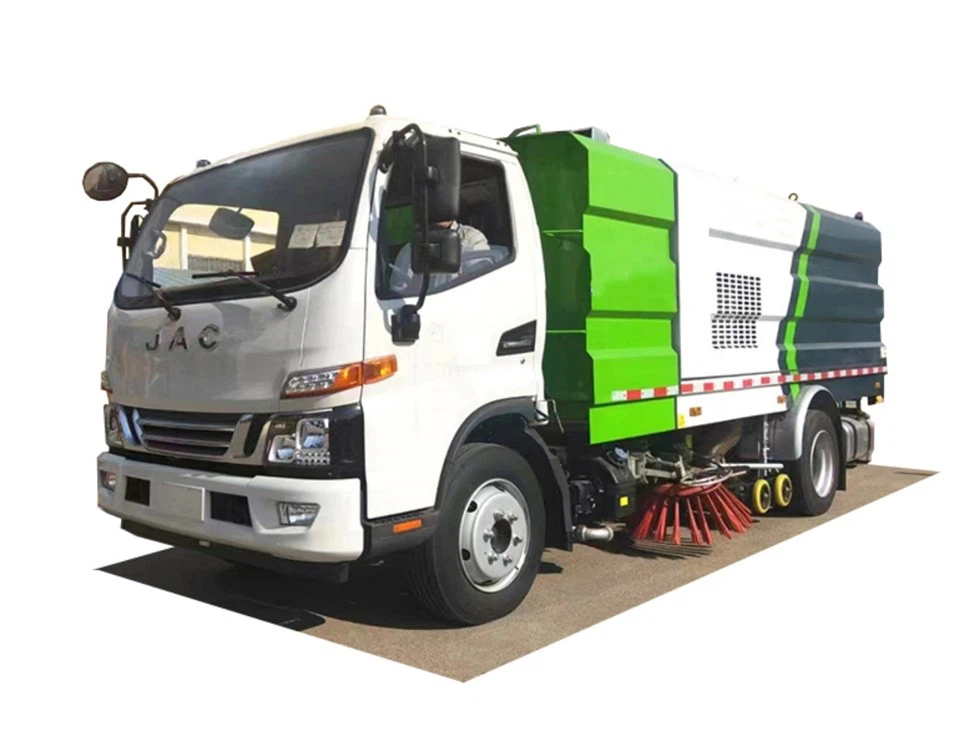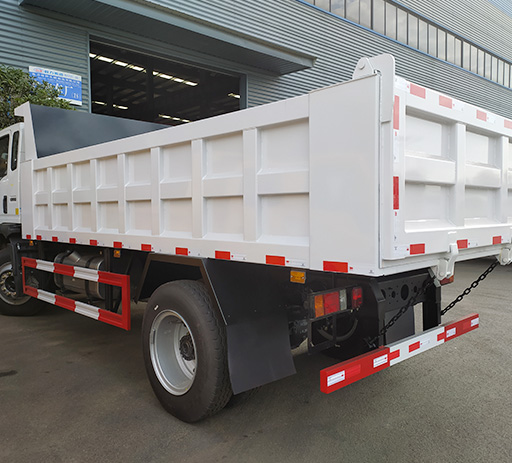Buying Roll Offs for Sale: Everything You Need to Know

When it comes to managing large waste disposal needs, roll offs have become a staple for both businesses and residential projects. Roll off dumpsters provide a convenient, efficient way to handle waste generated from construction, renovations, or even large cleanouts. This article will guide you through the essentials of roll offs for sale, including types, pricing, buying tips, and more.
Understanding Roll Off Dumpsters
What is a Roll Off Dumpster?

A roll off dumpster is a large, rectangular container designed for the disposal of solid waste. They are typically delivered to a site on a specialized truck that rolls the dumpster off the back, making it easy to place them wherever needed.
Common Uses for Roll Off Dumpsters
Roll off dumpsters are versatile and can be used in various situations including:
- Construction projects
- Home renovations
- Commercial cleanouts
- Landscape projects
- Event waste management
Types of Roll Off Dumpsters
Standard Sizes of Roll Off Dumpsters
Roll off dumpsters come in various sizes to cater to different waste disposal needs. Below are some common sizes:
| Size | Capacity (Cubic Yards) | Best for |
|---|---|---|
| 10 Yard | 10 | Small cleanouts, minor renovations |
| 20 Yard | 20 | Medium-sized projects, home remodeling |
| 30 Yard | 30 | Large construction projects |
| 40 Yard | 40 | Major construction jobs, commercial cleanouts |
Specialized Roll Off Dumpsters
Aside from standard models, there are specialized dumpsters for specific waste types, including:
- Heavy-Duty Roll Offs: Designed for heavy materials like concrete and dirt.
- Recycling Roll Offs: Used specifically for recyclable materials.
- Compaction Roll Offs: Suitable for compacting waste during transportation.
Factors to Consider When Buying Roll Offs
1. Intended Use
Before purchasing, consider the type and volume of waste you need to dispose of. Ensure that you choose the correct size and type of roll off dumpster based on your project’s specifics.
2. Local Regulations
Check local regulations regarding dumpster placement, size restrictions, and permit requirements. Some cities may require a permit to place a roll off dumpster on public property.
3. Container Materials
Not all roll off dumpsters are made the same. Look for containers made from durable materials like steel that can withstand heavy use.
4. Weight Limits
Different dumpsters have varying weight limits. Ensure that your choice can accommodate the weight of the debris you plan to dispose of.
5. Rental vs. Purchase
Consider whether renting a roll off dumpster is more cost-effective than buying one. For one-time projects, rental may be the more practical route, while frequent large projects might justify a purchase.
Where to Find Roll Offs for Sale
Online Retailers
Many manufacturers and retailers offer roll off dumpsters for sale online. Websites like Amazon, eBay, and specialized dumpster retailers can provide a range of options.
Local Suppliers
Check with local waste management companies, construction supply stores, or equipment rental services. They may have new or used roll off dumpsters available for sale.
Auction Sites
Online auction platforms may also have roll off dumpsters for sale, often at discounted rates. Just be sure to inspect the condition of used units before making a bid.
Comparing Prices of Roll Off Dumpsters

Factors Influencing Price
The cost of roll off dumpsters can vary based on several factors:
- Size of the dumpster
- Material construction
- Location and delivery fees
- Rental duration (if applicable)
Average Price Range
On average, prices for roll off dumpsters range as follows:
| Size | Average Price |
|————-|———————-|
| 10 Yard | $300 – $400 |
| 20 Yard | $350 – $450 |
| 30 Yard | $400 – $500 |
| 40 Yard | $500 – $700 |
Prices may change based on your location and availability.
Practical Tips for Buying Roll Offs
1. Ask for Quotes
Get quotes from multiple suppliers to ensure you’re getting the best price for your roll off dumpster.
2. Inspect Before Buying
If buying used, always inspect the dumpster for any signs of damage or rust. A good condition dumpster can save you money in the long run.
3. Inquire about Delivery Costs
Delivery charges can vary greatly. Make sure to include this in your overall budget when assessing the total cost of ownership.
4. Understand Rental Terms
If opting for rental, be sure to read the terms carefully. Understand any extra fees or charges, including those for keeping the dumpster longer than agreed.
Maintenance of Roll Off Dumpsters
Routine Checks
Perform routine inspections of your roll off dumpster to catch issues early. Look for:
- Rust or corrosion
- Structural damage
- Functional doors and latches

Cleaning and Upkeep
Periodically clean the dumpster to remove spills or debris, thus prolonging its lifespan. Use appropriate cleaning agents that won’t damage the material.
FAQ Section
1. What can I put in a roll off dumpster?
You can dispose of general household waste, construction debris, landscaping waste, and some types of appliances. However, hazardous materials like paint, batteries, or chemicals should not be disposed of in roll off dumpsters.
2. How long can I keep a roll off dumpster?
The rental period varies by company but typically ranges from 3 to 10 days. For permanent purchases, you can keep it as long as you need.
3. Do I need a permit for a roll off dumpster?
In many cases, a permit is required if the dumpster will be placed on a public street or sidewalk. Check local laws for specifics regarding placement permits.
4. Can I rent a roll off dumpster for a day?
Yes, many companies offer short-term rentals, including daily rates for projects that require a dumpster for just one day.
5. How do I choose the right size dumpster?
Consider the volume and type of waste you need to dispose of. For large projects, a larger dumpster is ideal, meanwhile a smaller dumpster suits minor cleanups.
6. Are there weight limits on roll off dumpsters?
Yes, each roll off dumpster has a weight limit. It’s essential to adhere to these limits to avoid additional fees and damages.
